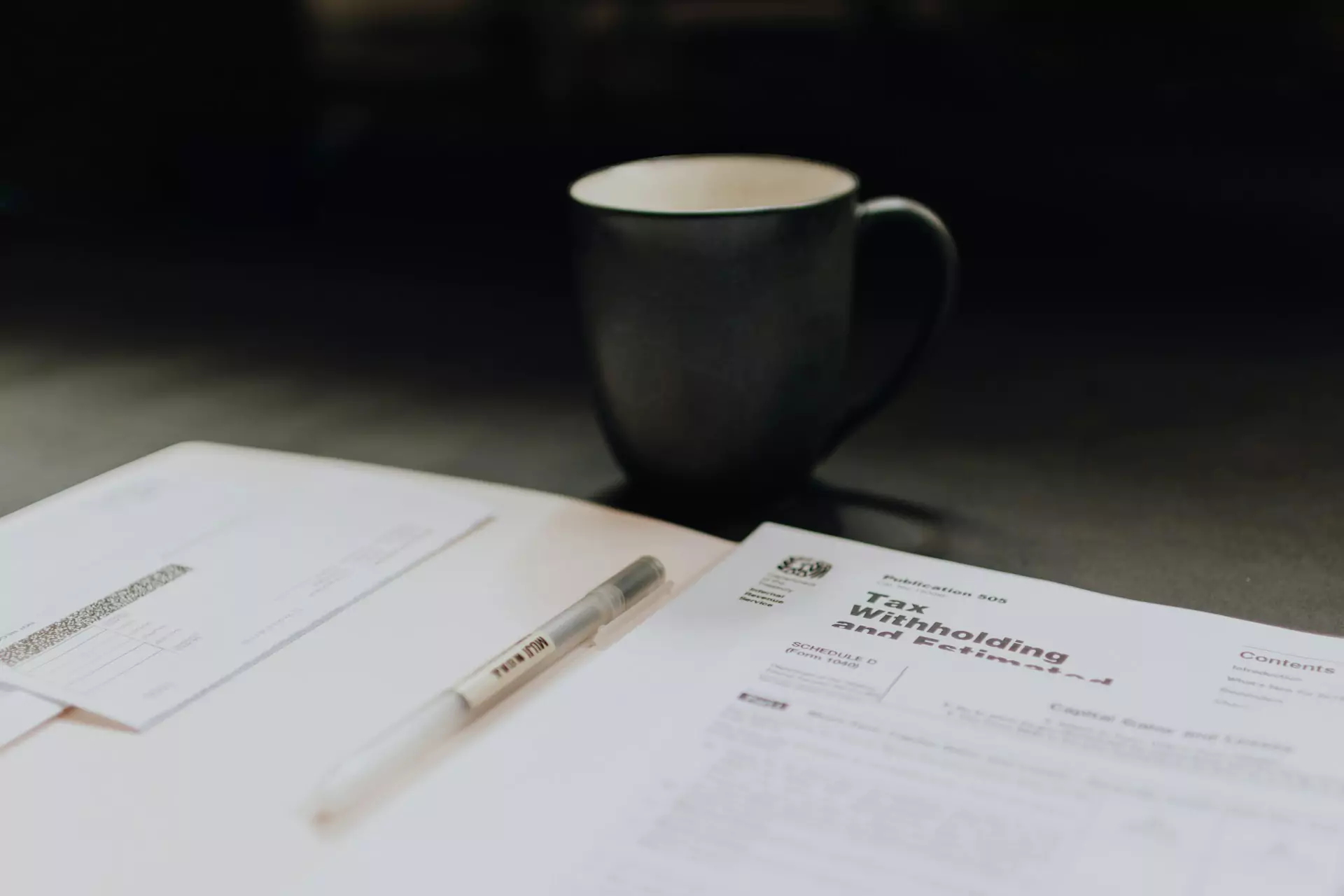2025 ATO Business Tax Return: A Complete Guide
Running a small business takes determination, courage and no small amount of patience. When tax season rolls around, it can test even the most organised business owner. The 2025 ATO business tax return brings a few changes, and if you don’t keep on top of your accounting and bookkeeping, you might find yourself scrambling at the last minute. I want to walk you through everything you need to know about submitting your 2025 business tax return to the Australian Taxation Office (ATO). I will also share how automated accounting can save you time, reduce stress, and help you avoid costly mistakes.

The 2024–2025 financial year has introduced some adjustments, including updates to thresholds, deductions and reporting requirements. As a small business owner, you have enough on your plate without worrying about compliance issues that could lead to penalties or delays in your tax return processing.
Understanding what the ATO expects is the first step. Being prepared is the second.
Who needs to lodge a business tax return?
Most businesses in Australia must lodge a tax return each year. If you operate as a:
- Sole trader, you report business income in your individual tax return.
- Partnership, the partnership lodges a separate return, but each partner also declares their share of income.
- Company, you must lodge a company tax return.
- Trust, the trust files a return, and beneficiaries report their share of the net income.
If your small business earns income, you must lodge a tax return—even if you believe no tax is payable. The ATO uses your tax return to verify your declared income and ensure you have met your tax obligations.

What’s new for 2025?
Every year brings policy updates. For the 2025 tax period, consider these points:
- Temporary full expensing ends: The scheme that allowed businesses to claim immediate deductions for eligible assets has ended as of 30 June 2024. You will now revert to standard depreciation rules.
- Updated tax rates: Check the ATO website for the latest company tax rates or marginal rates for individuals. If you run a small business company with a turnover under $50 million, you may be eligible for the lower tax rate.
- Digital record-keeping requirements: The ATO continues to push for digital records, encouraging small businesses to maintain electronic copies of invoices, receipts and other documents.
You don’t need to memorise every rule. But you do need accurate records and clear reporting, so the ATO can process your tax return without delays.
Common deductions you can claim
I have seen many small business owners overlook deductions that could have reduced their tax bill. Here are examples you may consider:
- Business-related motor vehicle expenses
- Home office expenses (if you work from home)
- Depreciation of business equipment
- Professional fees, such as accounting services
- Advertising and marketing costs
- Insurance premiums
- Interest on business loans
Always keep thorough records. If you can’t substantiate an expense, you may not be able to claim it.

Preparing to lodge your tax return
The more organised you are, the smoother tax season becomes. Here’s what I recommend:
- Gather Income Records
- Sales invoices
- Statements from payment platforms
- Interest earned
- Compile Expense Receipts
- Supplier invoices
- Bank statements
- Records of petty cash expenses
- Update Your Accounting Software
- Reconcile transactions
- Confirm balances match your statements
- Check Employee Records
- Wages
- Superannuation contributions
- PAYG withholding summaries
When you keep your bookkeeping up to date throughout the year, tax time becomes much less stressful.
The benefits of automated accounting
I have spoken to many business owners who struggle to track income and expenses manually. Relying on spreadsheets and paper receipts can lead to mistakes and missed deductions.
Automated accounting has changed how small businesses manage finances. By using a platform that integrates banking, invoicing, and tax reporting, you save hours each week. Automation helps you:
- Reconcile transactions effortlessly
- Generate BAS reports instantly
- Track GST, PAYG and superannuation
- Stay compliant with ATO record-keeping rules
If you feel overwhelmed by the idea of doing your tax return, consider how an automated accounting system can help you feel more in control.

Lodging your return
You can lodge your 2025 business tax return:
- Online using myTax (for sole traders)
- Through your registered tax agent
- Using SBR-enabled software
Make sure you check deadlines carefully. If you lodge through a tax agent, you may have an extended due date, but you must be registered with the agent before 31 October 2025.
What happens if you lodge late?
The ATO imposes a Failure to Lodge (FTL) penalty if you don’t submit your tax return on time. For small businesses, penalties start at one unit (currently $313) for each 28-day period overdue, up to a maximum of five units. Interest charges may also apply to any unpaid tax.
If you realise you won’t meet the deadline, contact the ATO as soon as possible. In some cases, you may be able to request an extension or arrange a payment plan.
How Thriday can help you
I believe no small business should spend precious time buried in paperwork when technology can make life easier. Thriday offers an end-to-end solution that transforms how you handle tax returns, accounting and bookkeeping.
With Thriday, you can:
- Connect your business bank account to automatically categorise income and expenses.
- Reconcile transactions in real-time to maintain accurate records.
- Generate tax-ready reports without needing to hire a separate bookkeeper.
- Track your GST obligations and prepare BAS effortlessly.
- Store receipts digitally, ensuring you never lose supporting documents.
- Fractional accountants, so you can interact with a tax expert when you need.
When you rely on Thriday’s automated accounting, you can feel confident that your business stays compliant and up to date. By reducing manual work, you gain time to focus on growth, customer service, and the work you love.
I have seen first-hand how Thriday transforms the tax experience for small businesses. Instead of dreading your tax return, you can approach it with clarity and control.
If you want a simpler way to manage your tax returns and keep your bookkeeping in order, you can explore Thriday today.
Final thoughts
The 2025 ATO business tax return doesn’t need to be a burden. With preparation, the right tools, and a little discipline, you can meet your obligations, avoid penalties and make the most of your deductions.
Invest in an automated accounting solution like Thriday, so you spend less time worrying about compliance and more time building the business you’ve worked so hard to create.
If you feel uncertain or have complex tax affairs, speak to a qualified tax professional. But with the right habits and technology, you can approach tax time with confidence and peace of mind.
DISCLAIMER: Team Thrive Pty Ltd ABN 15 637 676 496 (Thriday) is an authorised representative (No.1297601) of Regional Australia Bank ABN 21 087 650 360 AFSL 241167 (Regional Australia Bank). Regional Australia Bank is the issuer of the transaction account and debit card available through Thriday. Any information provided by Thriday is general in nature and does not take into account your personal situation. You should consider whether Thriday is appropriate for you. Team Thrive No 2 Pty Ltd ABN 26 677 263 606 (Thriday Accounting) is a Registered Tax Agent (No.26262416).






.svg)


.svg)











.webp)